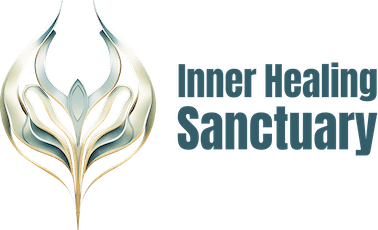Does My Loved One Need a Detox?
- The process behind detox
- Identifying the warning signs
- Recognizing hidden dependencies
- How to approach the topic of detox
Watching a loved one grapple with addiction is one of life’s most daunting trials. It’s a journey clouded with bewilderment, concern, and often an unwillingness to confront the harsh reality of detoxification. Yet, grasping the concept that timely intervention can alleviate the severity of withdrawal symptoms serves as a potent catalyst for action. It’s a proactive stance that paves the way for a more effective recovery.
Demystifying Detox
Before delving into the indicators signaling a need for detox, it’s crucial to define what detox truly entails. Detoxification, typically shortened to just detox, is a process that clears any substances and toxins from the body, so it can revert to its normal state and restore balance. Detox and addiction recovery are not necessarily synonymous. Addiction recovery often, but not always, includes detox as part of the regimen. And undergoing detox doesn’t at all mean recovery from substance abuse.
Detox can be challenging, and can be intimidating for most individuals. Thus, for optimal safety and effectiveness, detox should be conducted in a treatment facility, under the supervision of medical professionals, to minimize any potential risks or discomfort associated with the withdrawal phase.
Warning Signs of Substance Dependence
- Increased tolerance: An increased need for a substance to achieve the same effect can signal dependency. Pay close attention to any increasing shifts in tolerance.
- Withdrawal Manifestations: Agitation, mood changes, physical tremors, or discomfort during periods of sobriety in a loved one can signify withdrawal symptoms, indicating the body’s craving for accustomed substances.
- Disturbed Sleep Patterns: Insomnia or a notable decline in sleep quality, particularly when substances are relied upon for sleep, serves as a warning sign. Substance dependence can significantly disrupt sleep patterns, leading to daytime fatigue and other psychological effects.
- Altered Appearance and Behaviors: Significant changes in physical appearance or behavior, such as unexplained weight fluctuations, paleness, or sudden shifts in dressing habits, may suggest an underlying struggle with substance dependency.
Recognizing Hidden Dependencies
Navigating the Conversation on Detox
If you suspect that a loved one might be suffering and in need of detox, consider reaching out to friends, family members, and addiction professionals for guidance. Addiction professionals can assist in communicating your concerns to your suffering loved one, or even organizing an intervention. Don’t be passive—initiate the conversation, and offer help to start your loved one’s journey to recovery. Whatever you do, approach the conversation with empathy and sensitivity.
The Initial Step of Recovery
Detox signifies not the end but the beginning of healing. It marks a stride towards reclaiming control from addiction’s grasp, often being the initial definitive step towards sobriety and well-being. Though understandably daunting, embracing detox sets the stage for transformative change for both individuals and their loved ones.
A Future with Inner Healing Sanctuary
Inner Healing Sanctuary stands committed to providing robust support for those journeying towards recovery. We prioritize a compassionate approach encompassing not only medical interventions but also psychological support, fostering holistic wellness. For those suspecting a loved one could benefit from detox, Inner Healing Sanctuary extends a supportive hand. Partnering with us means joining a dedicated team eager to support your loved one through every step of their recovery journey. Take the first step towards reaffirming life, and reach out today at 818‑926‑6468.



